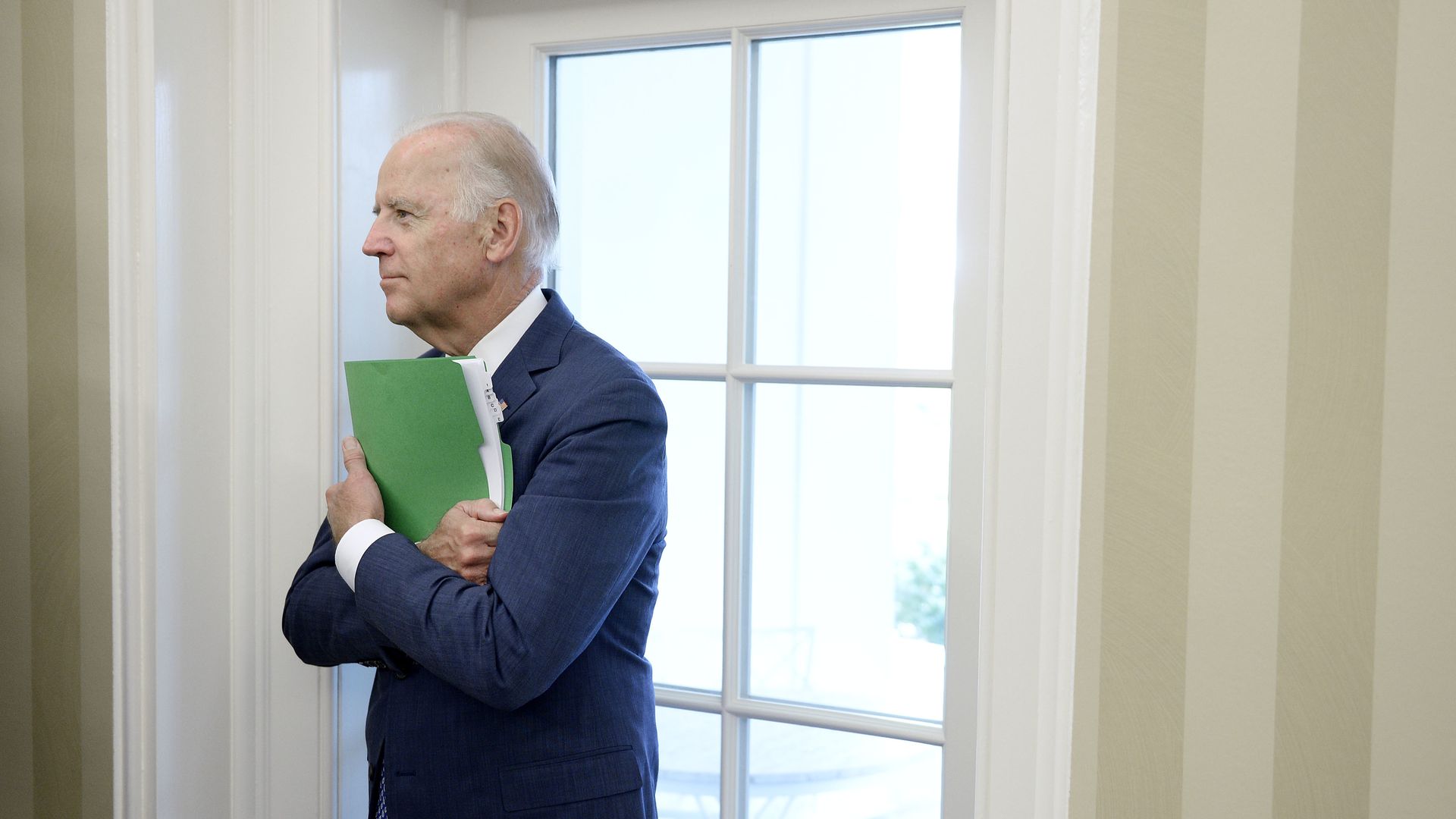
by theguardian.com — Martin Chulov and Julian Borger — Joe Biden’s hardline stance on Russia has won him widespread plaudits, but with the most serious oil shock in decades now a reality, the US president’s attempt to cushion the blowback continues to meet resistance from the two allies he needs most. Saudi Arabia’s de facto leader, Mohammed bin Salman, and his counterpart in the United Arab Emirates, Mohammed bin Zayed, are yet to agree to a phone call with the west’s most powerful man – a scenario all but unthinkable during previous administrations. Biden’s immediate priority is for both countries to help exert maximum economic pressure on Russia by cranking up their oil output. Each capital is a major supplier of oil, with excess capacity, which would soften the effect on US consumers through fuel prices before midterm elections in November that threaten Democratic control of Congress.
With relations between the Middle East oil powers and Washington at their lowest in modern times, though, a reckoning is due that may realign the regional order on terms that favour Riyadh and Abu Dhabi. Both leaders have made it clear that they will settle for nothing less, and are ready to extract their price. As if to show the Biden administration what it could do, the UAE ambassador to Washington, Yousef al-Otaiba, last Wednesday said it favoured production increases “and will be encouraging Opec to consider higher production levels”, leading oil prices to fall by 13% the next day. But no action to increase supply followed and by the week’s end the price per barrel was back up to almost $130 (£100), an uncomfortably high level for Biden to take to the midterms. However, the standoff involves far more than oil. In Riyadh, Prince Mohammed feels snubbed by Biden’s refusal to engage with him ever since he took office. The murder of the Saudi dissident Jamal Khashoggi by the crown prince’s security aides, the war on Yemen, the jailing of rights activists and the boycott of Qatar have made him a pariah to the administration.
Saudi Arabia and UAE leaders ‘decline calls with Biden’ amid fears of oil price spike Read more Disputes with Abu Dhabi are nearly as stark. The US has been particularly taken aback by UAE’s repeated abstentions in the UN security council, which have been seen by western diplomats in New York as a quid pro quo for Russian support of some of the anti-Houthi positions it wanted the council to take over the war in Yemen. Saudi Arabia and the UAE have been incensed by the Biden administration removing the Iran-backed Houthis from the global terror list as they continue a painstaking series of negotiations with Iran to restart the Obama-era nuclear deal shredded by Donald Trump.
Beyond that, though, there is a strong feeling in both capitals that Biden has approached the region with a deeply critical view of countries that had long been security allies, and lenient on Iran, which remains a foe. Having attempted last week to recruit Venezuela to the cause of isolating Russia, the White House views efforts at repair work on the relationship with Saudi Arabia and the UAE as an acceptable price to pay. The administration in February sent Brett McGurk, the White House coordinator for Middle East policy, and Amos Hochstein, the state department’s special energy envoy, to Riyadh for a meeting with the crown prince. On the eve of the invasion of Ukraine, the Treasury announced sanctions on an alleged Houthi financing network.
Sir John Jenkins, a former British ambassador to Riyadh and a senior fellow at the UK thinktank Policy Exchange, said ties that had been growing between Riyadh and Moscow, particularly since Biden sidelined Prince Mohammed, would probably need to be recalibrated if a reset was to take place. “I think it’s very complicated,” he said. “I wouldn’t make a one-way bet on Putin myself. But that’s how the Saudi position in particular will look to many in DC. That will just piss people off. And tempt them in turn to bet on Iran instead. You have to deal with [Prince Mohammed]. But if he demands a complete climbdown from Biden, I don’t think he’ll get it. “There has to be some way of squaring this circle. A renewed US promise to defend KSA [Saudi Arabia] and the UAE from Iran is one way. Redesignation of the Houthis and a renewed commitment to settling Yemen in a way that would suit Riyadh and Abu Dhabi is another. But I can’t see Biden saying he’s simply going to forget Khashoggi. “I personally don’t think Russia matters that much to KSA. China’s far more important. Beijing wants to avoid a collapse of global trade – or a prolonged western recession. And there are signs Beijing is trying to position itself appropriately. The risk then is that a hard line from Riyadh will just backfire.”
Robin Mills, the CEO of the UAE-based consultancy Qamar Energy, said increasing oil supply, and therefore reducing prices at the bowser, was a relatively straightforward technical process, but carried political and economic risk in dealings with the global oil body Opec, of which Riyadh and Abu Dhabi are members. “They could ramp up supply within one month and reach full capacity within 90 days,” he said. “Opening chokes on wells, restarting wells entirely, perhaps restarting gathering and production stations. “Everyone has always cheated on Opec agreements when it suited them. Can you do it quickly? Not tomorrow, certainly. But unless something’s gone seriously wrong, KSA should be able to make a three-month difference. That in itself would help – to a degree – in calming oil markets.”



